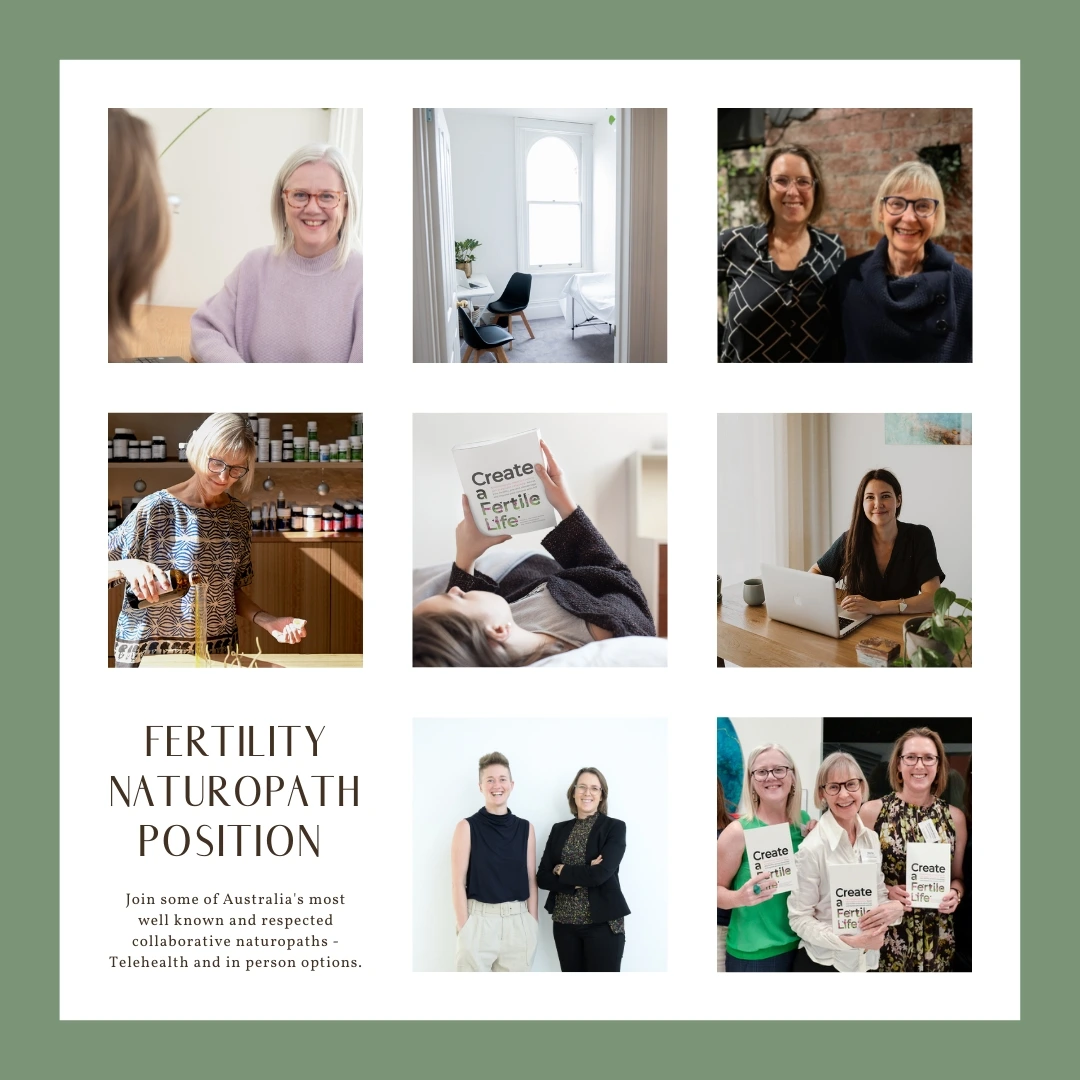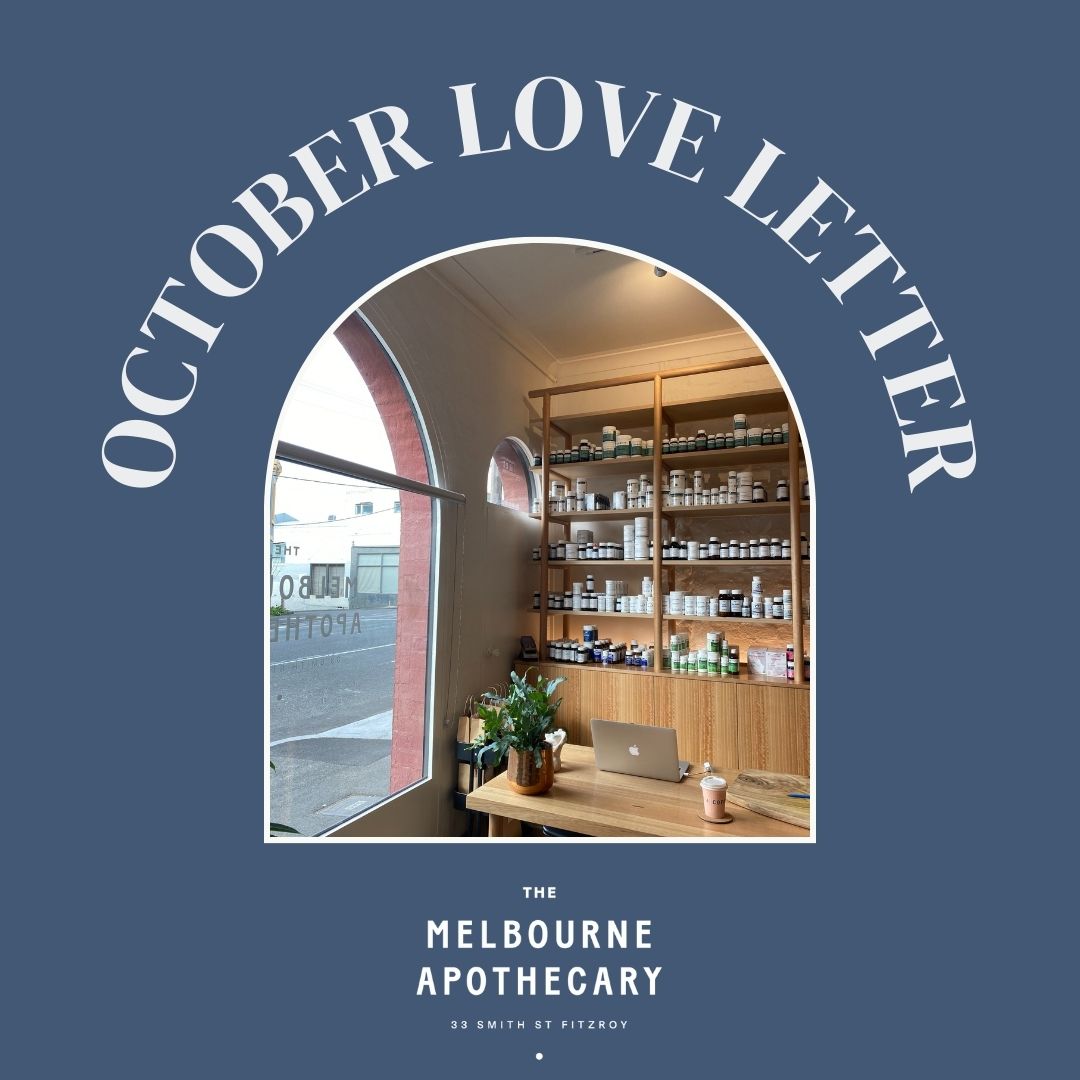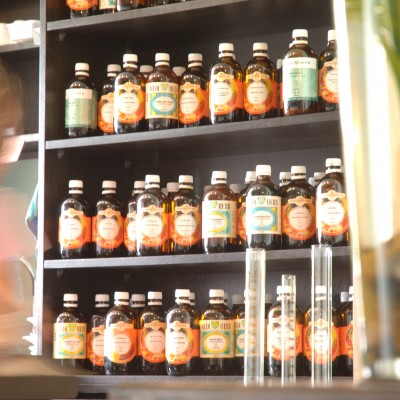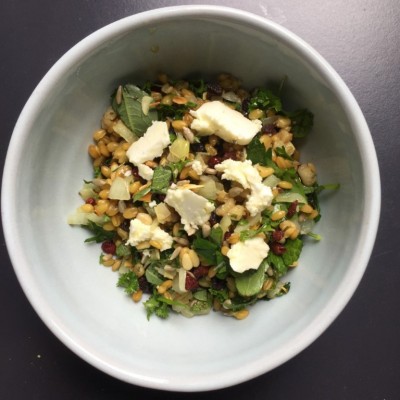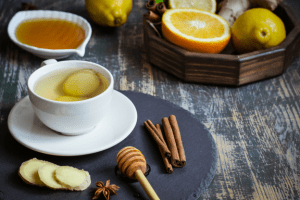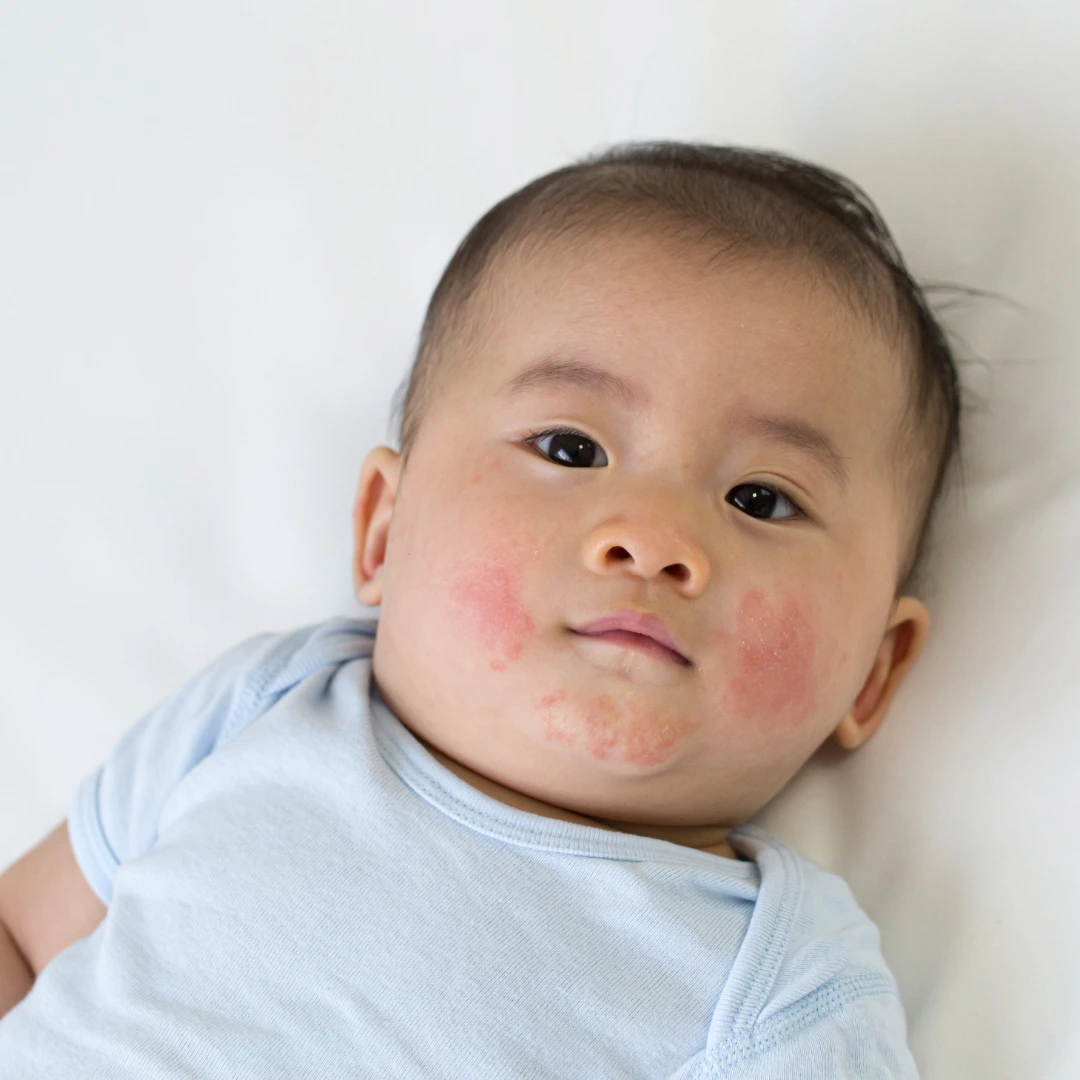
Are you wondering ‘What can I do for eczema?’ How many creams and lotions have you had to use just for it to come back with vengeance? There is so much more to this condition than meets the eye and a lot that can be done to help. Read on!
Why does eczema happen?
Atopic dermatitis/eczema (AD) is multifactorial involving alterations in cell mediated immune responses, barrier dysfunction, IgE mediated hypersensitivity and environmental factors.
Alterations in barrier function along with immune dysregulation are thought to be first step in the development of atopic dermatitis with each of them work cyclically with one another to maintain the eczema presentation (2).
Impaired barrier function with a high rate of transepidermal water loss places a person at risk of developing eczema (1). Defects in the skin barrier proteins such as keratins, intracellular proteins and transgluataminases facilitate a dysregulated immune response to external environmental antigens and drive an inflammatory skin response (1).
Why does it itch?
We know the itch of eczema too well and it is caused by the release of histamine in the body. Histamine is released by a subset of sensory neurons which cause itch and allergic inflammation, which is why many people with eczema see a worsening of symptoms when eating high histamine foods (1).
The importance of lipids (fats) cannot be ignored in patients with eczema. Ceramides, long chain fatty acids and cholesterol contribute to the lipid matrix that makes up the skin. In patients who experience eczema we see a decreased level of long chain ceramides and long chain fatty acids which are reduced by inflammatory Th2 cytokines (1). Th2 cytokines are associated with an increased inflammatory response in eczema as this cytokine reacts to environmental allergens (1).
The relationship to your skin microbiome
The microbiome of the skin is particularly important in eczema with patients having decreased bacterial diversity with increased opportunistic Staphylococcus and Corynebacterium bacteria. High levels of opportunistic bacteria can increase proinflammatory cellular reactions (1).
Patients with eczema also have significantly lower numbers of intestinal Bifidobacterium and higher numbers of Staphylococcus (1,2). Overgrowth of opportunistic bacteria such as Escherichia coli and Clostridium difficile, increases intestinal permeability causing a cascade effect on immunity and skin barrier function (1, 2). There’s a lot you can do for eczema on a skin microbiome level.
How can eczema be treated?
Studies have shown that frequent application of appropriate moisturisers (ceramide dominant or lipid mixtures) can reduce skin inflammation, enhance skin hydration, decrease bacterial colonisation and improve skin barrier function, decreasing the need for topical corticosteroids (1,3). Creams that contain the following have measurable effects on skin barrier function and inflammatory mediators: ceramides, hyaluronic acid, dimethicone, licorice extract (glycyrrhetinic acid), and palmitoylethanolamide (3).
- Appropriate probiotics have proved beneficial in the prevention and treatment of eczema through modulating the gut bacteria and immune response (3).
- Wearing appropriate clothing textiles such as cotton and silk has been shown to reduce the number of eczema breakouts and aid in cream absorption (3).
- Therapeutic bathing in natural mineral rich water and gentle sun exposure has been shown to promote skin healing and improvement in eczema appearance (3).
- Natural oils applied directly to the skin have been shown to improve skin hydration, exert anti-inflammatory, antioxidant and antimicrobial effects reducing chronic and acute skin inflammation (3).
- In depth dietary analysis is necessary to identify food sensitivities/allergies that may be contributing to sustained eczema presentation or acute eczema flares. Hypersensitivity to certain foods is seen in 85% of eczema patients. (3)
Eczema/AD are complex conditions that require in depth analysis and targeted treatment to get results. There’s a lot that your naturopath can do for eczema, including prescribing you an appropriate plan to help to get your eczema under control, which may include targeted lotions and assisting you with an overall assessment of your lifestyle and the factors that contribute to the expression of eczema/AD with you.
Written by Lucy Moores, Naturopath and Nutritionist at The Melbourne Apothecary.
If you’re looking for help with your eczema, book in a free 10 minute chat with our Naturopath and Nutritionist Lucy by navigating to heading ‘Naturopathy – Melbourne Apothecary’
References


